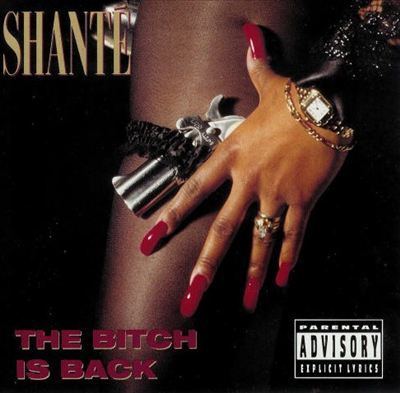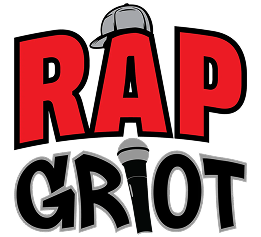
On this day in 1992, pioneering MC Roxanne Shanté released her sophomore album The Bitch Is Back, a fearless and unapologetic project that cemented her place as one of hip-hop’s most influential female voices. Dropping seven years after her groundbreaking debut Bad Sister, this LP was a powerful reminder of why Shanté was considered one of the fiercest lyricists of the Golden Era; male or female.
A founding member of the legendary Juice Crew, Shanté had already made history in the mid-1980s with her sharp wit and battle-ready rhymes. But The Bitch Is Back showed a more mature, seasoned MC, one who had grown up in the game and was ready to take full command of her craft. Backed by production from Marley Marl and Large Professor, the album delivered a hard-hitting mix of boom-bap beats, razor-sharp lyricism, and the unfiltered attitude that made Shanté a force from the very beginning.
Tracks like “Big Mama”, a scathing response to emerging female rappers of the time, demonstrated Shanté’s unmatched battle skills and her refusal to be sidelined in a rapidly evolving hip-hop landscape. Songs such as “Deadly Rhymes” and “Wack Itt” reinforced her reputation for clever wordplay and uncompromising confidence, while the album as a whole reflected the grit and authenticity of early ‘90s East Coast rap.
Although The Bitch Is Back didn’t dominate the charts, its cultural impact was undeniable. It served as a blueprint for generations of women in hip-hop, proving that female MCs could command respect on their own terms — not just as novelty acts or side players. Roxanne Shanté’s unapologetic tone and lyrical precision influenced countless artists who followed, from Lil’ Kim and Foxy Brown to Nicki Minaj and beyond.
Thirty-two years later, The Bitch Is Back still stands as a milestone in the evolution of women’s voices in hip-hop — bold, confrontational, and decades ahead of its time.
